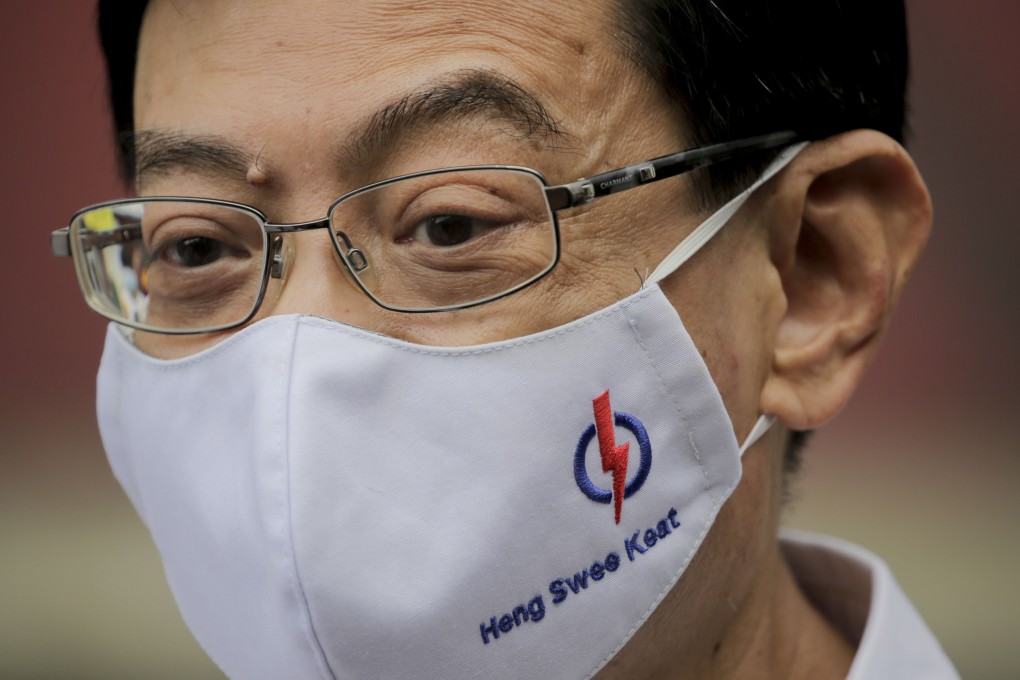Advertisement
Younger ministers in Singapore’s ruling PAP fully back Heng Swee Keat as next leader, says Foreign Minister Vivian Balakrishnan
- Foreign minister says PAP’s younger ‘4G’ ministers fully back prime minister-designate Heng Swee Keat
- Online, some netizens question Trade and Industry Minister Chan Chun Sing’s response to a question about Heng
Reading Time:3 minutes
Why you can trust SCMP

Singapore’s Foreign Minister Vivian Balakrishnan has sought to quash speculation of waning support within the ruling People’s Action Party (PAP) for the country’s designated future leader Heng Swee Keat, saying on Sunday that younger ministers dubbed the 4G group were in “complete unity” behind the finance tsar.
Vivian’s comments to local media came a day after Prime Minister Lee Hsien Loong unveiled his post-election cabinet and handed Heng, the deputy prime minister and finance minister, an additional portfolio of coordinating minister for economic affairs.
Following Heng’s surprisingly thin victory margin in the July 10 election, some commentators had suggested that the long-ruling PAP may have second thoughts about its 2018 decision to appoint Heng, 59, to its No 2 position – essentially making him the designated successor to Prime Minister Lee.
Advertisement
But Lee gave no indication of such a move in his press conference on Saturday, and Chan Chun Sing, a key member of the 4G group that picked Heng as their leader, said the younger ministers had “no discussion on any change in plan”.
Asked about the matter on Sunday, Foreign Minister Vivian echoed these views.
Advertisement
Advertisement
Select Voice
Select Speed
1.00x